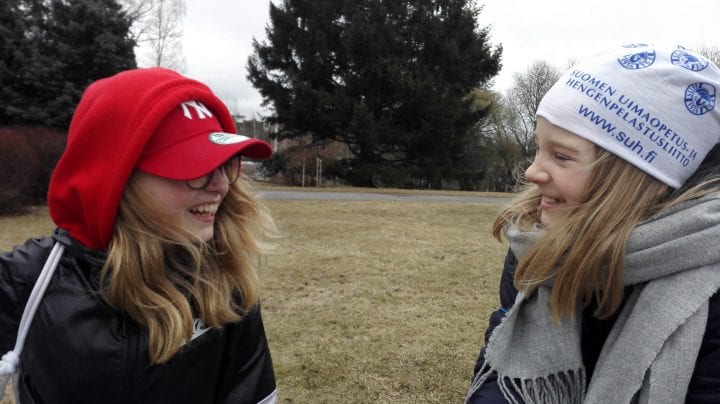Projects
Current projects
Teacher Safe II - Safety belongs to everyone
Teacher Safe II – safety for all 2018 – 2020
Funded by the Finnish Fire Protection Fund
WHO?
- the Departments of Teacher Education in University of Turku, University of Eastern Finland, University of Tampere and University of Helsinki and the regional emergency services from these areas.
WHAT?
- development and research project for promoting fire safety in the context of teacher education.
- provides sustainable, safe and secure working models for teacher education. services from these areas.
- to bridge the gaps between the fire services and teacher education
- the first-year students will be provided safety walks, the MOOC on campus safety and security, methods for risk assessments and practical training for responding to the fires.
- the core element of the project is that each of the Teacher Education Departments creates their own implementation plans, including the development of safety contents in the teacher education curriculum.
More info
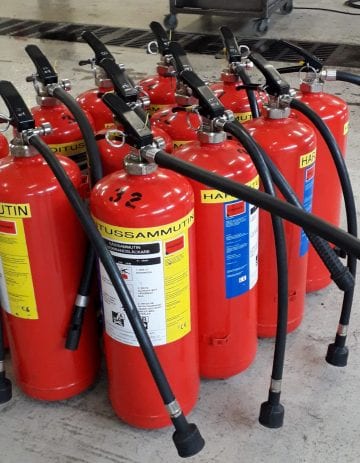
previous projects
Teacher Safe 2013 - 2015
Who?
- University of Turku, Department of Teacher Education and The Developing Network of Safety Culture in Schools (OPTUKE)
What?
- Research and development project to enhance safety in the context of safety pedagogics. The safety and security pedagogic frame of references include skills and knowledge but also values an attitude.
Aim:
- to add safety education to the curriculum of teacher education so that teacher students, when they graduate are able to develop actively the safety culture in schools.
The program provided:
- A curriculum analysis on the safety education of teacher education
- The establishment and maintenance of educational safety networks
- The best examples of how to introduce safety education into the curriculum of teacher education (available only in Finnish)
- The possibility for the safety development of the teacher education units
- Publications
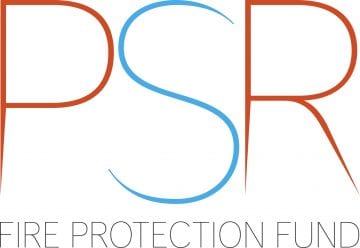
Safe School 2016 - 2017
Safe school 2016 – 2017
Goals
- to establish and to research the co-operation between the safety authorities, schools, safety authorities and the third sector at the local level.
- to develop teachers´safety competence.
Who?
- Four comprehensive schools
- Five Rescue Departments
- NGO´s as external experts (Red Cross, Finnish Road Safety Council, Sea Rescue Association, Voluntary Fire Departments andFinnish Swimming Teaching and Lifesaving Federation.
What was done?
- four comprehensive schools were audited with an audition model developed by the Helsinki Rescue Department.
- The audition discourses were taped and analyzed
- Injury and near-miss cases monitoring system was carried out with the help of the web-based application called Green Cross
- Safety survey for the pupils was established
- An intervention with the support from the third sector (Non-Governmental Organizations, later NGO´s) was conducted at the schools.
Results
- Safety is still based on personal relationships and ambitions rather than planned initiatives – a lot of it is put on headmaster´s shoulders
- Pupils tend to cause unpredictable risks through their natural innovation skills and curiosity. This sets new challenges for the design of schoolyards, as well as designing structures around the school.
- There are challenges in teaching the safety-related contents to pupils.
- Sustainable results are gained by sustainable teaching – one-time experience is not enough.
EduSafe 2016 - 2018
What is it about?
Promotion Safety at Education (EduSafe) research and development project considers safety from the viewpoint of occupational and workplace safety at educational context.
The project was carried out 6/2016 – 9/2018.
Finnish schools are considered generally as safe working environment however, new challenges are faced during the past years. The illusion of invulnerability is broken for example by the school shootings in the beginning of 21st century.
Funding
The research and development project EduSafe is funded by The Finnish Work Environment Fund, Finnish Institute of Occupational Health and University of Turku.
Who?
The coordinator of the EduSafe project was Finnish Institute of Occupational Health, FIOH. At the University of Turku, the project was carried out by the Department of Teacher Education. The project emphasizes collaboration with the educational department of two Finnish cities, two schools, the after-school clubs, food service and four university training schools. The collaboration is done also with the OPTUKE network.
Aims and goals?
- safety management, safety culture and safety competencies at the organizations involved will be supported (resilient working methods)
- to establish a model for general safety practices, safety management, safety culture and safety competence at the educational context
- to disseminate the established model widely
Products and methods
- Questionnaire NOSACQ and interview for key informants
- Interventions: Muutospaja ( Safety workshop for an organizational change in the working environment); Green Cross digital application for monitoring the risk and near-miss cases ; Hetipurku model (Model for defusing and debriefing).
What did we learn?
- The information about safety in schools is fragmented
- Teachers think that safety concerns only pupils, not themselves or the other staff
- Safety is considered as an important topic
- Safety seems to be responding to the crisis
- We do not have systems to make our own mistakes transparent in the context of safety .
- In most cases safety is not structured and it is tied on the documents and norms.
Got interested?
|
EVAPREM 2017 - 2018
Developing an evaluation model to assess prevention measures (EVAPREM)
When?
1 January, 2017 – 31 December, 2018
Budget: 531 006 EUR, incl EU Grant 398 255 EUR
The project is financed by the European Union and serves also as a Flagship project of the European Union Strategy for the Baltic Sea Region (EUSBSR).
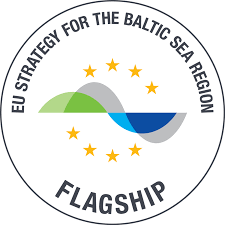
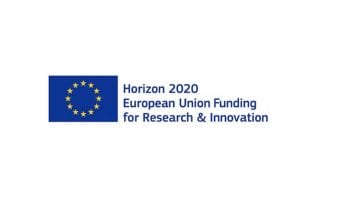
Shortly
- Developing an Evaluation Model to Assess Prevention Measures (EVAPREM)
- Hankkeessa kehitetään turvallisuusviestinnän vaikuttavuutta ja tehokkuutta.
- EVAPREM on EU:n Itämeri-strategian lippulaivahanke.
Aim?
- to develop a universal and comprehensive model for evaluating the results of prevention measures implemented by the rescue boards of European countries.
- to deepen our understanding of the effectiveness and efficiency of the prevention services considering the corresponding socio-economic environment.
- research on safety education in the emergency services (effectiveness and relevance)
Who?
- The Estonian Rescue Board (coordinator), University of Tartu
- State Fire and Rescue Service of Latvia
- Frederiksbourg Brand og Redning, Denmark
- Fire and Rescue Department under the Ministry of the Interior of the Republic of Lithuania
- University of Turku, Department of Teacher Education
Project provided
- the robust evidence and analysis to support policy-makers in understanding the impact of prevention
- information for policy-makers at administrative levels in elaborating and reshaping the selection of prevention services with providing cost effective evaluation tools.
- an implementation model of prevention measures based on the local level collaboration with the actors
Got interested?
More information in English EVAPREM project
Presentations at the OPTUKE-symposium
OPTUKE-symposium 2018
Click here to find the presentations at the OPTUKE-symposium:
